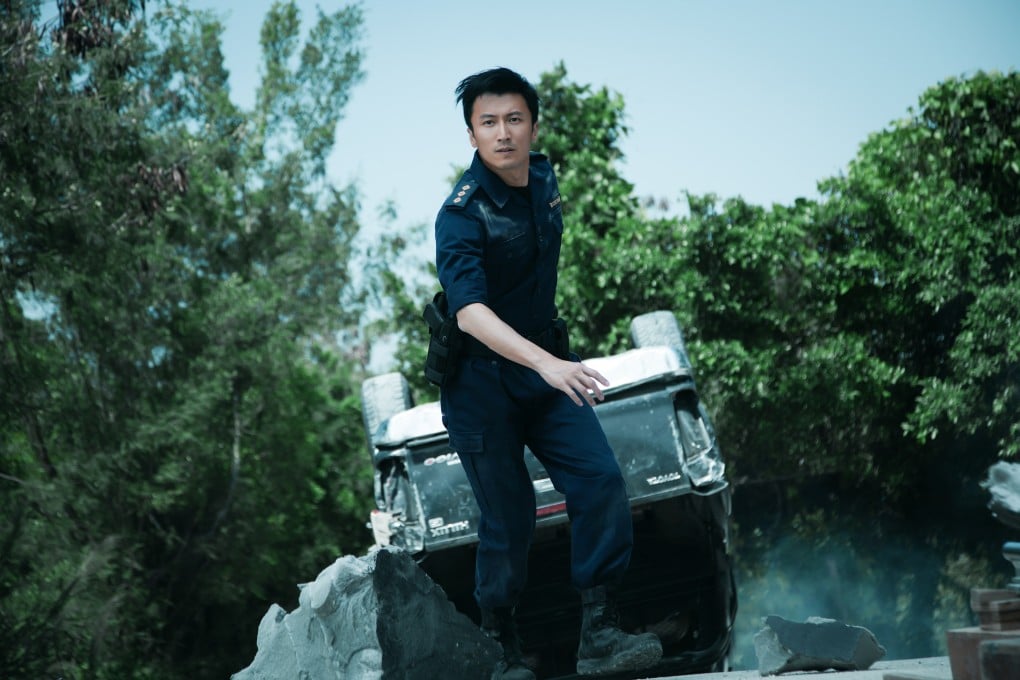Customs Frontline’s Nicholas Tse on adding action director to his CV and his ‘real’ stunts
- Nicholas Tse talks about channelling Jackie Chan to keep the stunts authentic in Customs Frontline, his first outing as an action director

“That’s me,” Nicholas Tse Ting-fung says, pointing to the screen of his smartphone. In a video, the actor is seen donning a vest and harness before performing a stunt in Customs Frontline.
“It was raining that day,” Tse recalls. “I had to persuade Herman to let me do the stunt because there’s a certain amount of danger involved. A stunt choreographer was holding the camera and following me as I rolled off the container and dropped down to a car windshield.”
Tse spoke to the Post for this interview just before the world premiere of Customs Frontline at the 26th Far East Film Festival in Udine, Italy, in May.
In addition to chases, shoot-outs and fight scenes, Customs Frontline brings up some unexpected subplots, such as a lead character’s bipolar disorder.
